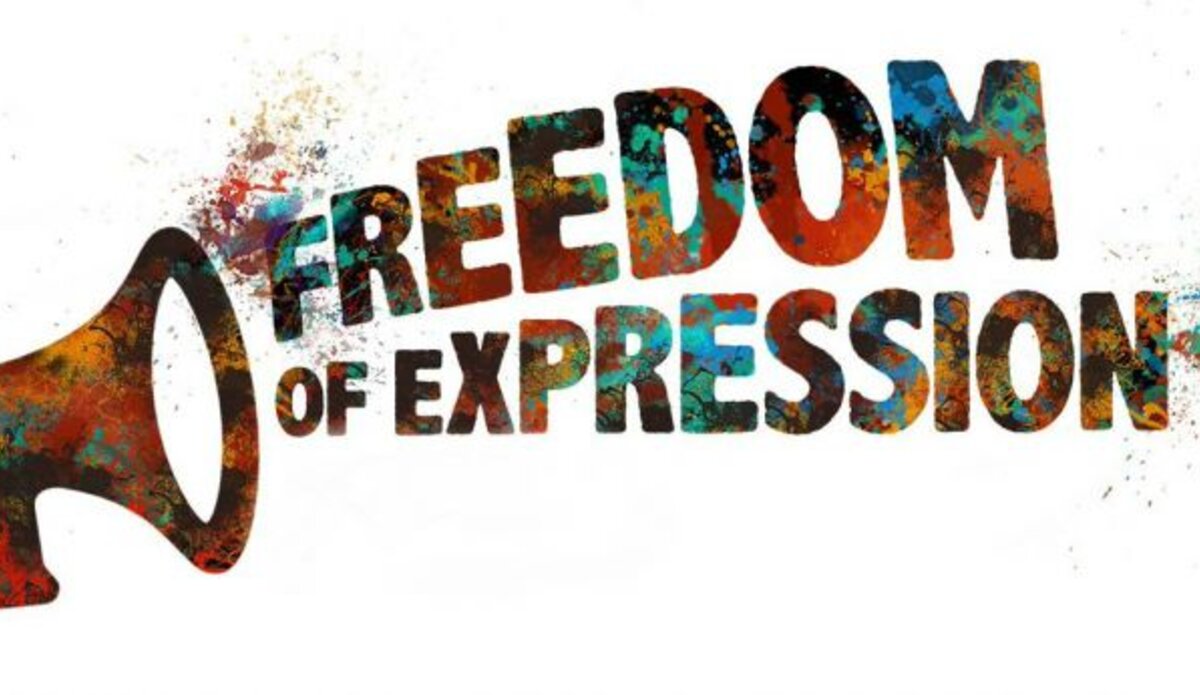By Alusine Fullah
Yes, all human beings were burn free, and as such they should exercise those innate rights without fear or intimidation. According to the Universal Declaration of Human Rights, article 1 vividly states: “All human beings are born free and equal in dignity and rights. They are endowed with reason and conscience and should act towards one another in a spirit of brotherhood.” For democracy to breath well, citizens should be given the chance to freely express themselves without any intimidation or fear. In one of his lectures, Magistrate Dr. Binneh said: “Freedom of expression is a cornerstone for democracy…”
It is indisputable that the Freedom of expression coupled with the consequent right to receive and impact information is a basic value of any democratic society worthy of the most legal protection. As such, it has been identified and established in almost all international and regional human rights law. For instance, article 10 of the European Convention for the Protection of human rights and fundamental freedom, protects freedom of expression in the following terms: “Everyone has the right to freedom of expression. This right shall include freedom to hold opinions and to receive and impact information and ideas without interference by public authority and regardless of frontiers.”
The deep changes the political, social, cultural, and economic landscapes have undergone in recent years, both technological and of other types, raise unavoidable questions about humanity’s ability to continue protecting and promoting human rights as defined in the Universal Declaration of 1948.The same is true of the dramatic changes that the advent of the Internet (and everything under and within its sphere) has caused and is causing in the global communications ecosystem and, therefore, in guar-anteing the human right to freedom of expression. However, it is important to notice the wisdom with which Article 19 of the Universal Declaration was drafted: Everyone has the right to freedom of opinion and expression; this right includes freedom to hold opinions without interference and to seek, receive and impart information and ideas through any media and regardless of frontiers.
Moreover, the right to freedom of expression, viewed as a pillar of democracy, is clearly addressed in Article 19 of the ICCPR of 1976, which has been ratified by South Africa. Freedom of expression, opinion and information is also protected in Article 19 of the UDHR of 1948 which is a clear indication that freedom of expression is viewed internationally as a fundamental right and a prerequisite in any democracy. The intention of the UDHR, which has also been ratified by South Africa, is to ensure that all human beings “shall enjoy freedom of speech and belief and freedom from fear” as common people of the world and that their human rights should be protected by the rule of law. With this preamble, the nations of the world agree that the right to freedom of speech is the core of a democracy and individual freedom.
Therefore, for an individual to receive information and ideas, a free press is fundamental. The role of the mass media is therefore central in allowing the right to freedom of expression to contribute fully to democracy, transparency and accountability.
This shows that the minds behind the Declaration did not focus only in the communication technologies available when this fundamental document was prepared and approved. Instead, they explicitly stated that the principles defined therein would hold valid, regardless of the technological changes that might take place in the future.
For the past years, Sierra Leone has taken a huge drive in fighting for media freedom and freedom expression. This is evident from the repeal of the 1965 Criminal Libel Law. This fifth report, produced by the MRCG, is one of the components under a project titled, “Enhancing Press Freedom and Legislative Reforms of Media Laws”, supported by the National Endowment for Democracy (NED) in the USA.
According to the Media Reform Coordinating Group report 2022, it states: “The media sector had experienced quite extraordinary events, with the arrest and detentions of journalists and other members of the public under the criminal and seditious libel laws in Part V of the Public Order Act of 1965. These events have spawned negative media coverage internationally and have the tendency to tarnish Sierra Leone’s democratic credentials. The application of criminal and seditious libel laws against media practice in the 21st century is inconsistent with international standards of best practice and regulation. Freedom of expression requires that the health of the democratic political system of a state depends on the efficient, accurate, and complete transmission of social, political, and cultural information in society, of which the media are the conduits and should act in public interest. However, journalists have increasingly been unable to fulfil this role due to increased fear of incarceration arising from the provisions of Part V of the POA, which undermines free speech as guaranteed by the 1991 Constitution of Sierra Leone; and by extension, international best practices and standards.












